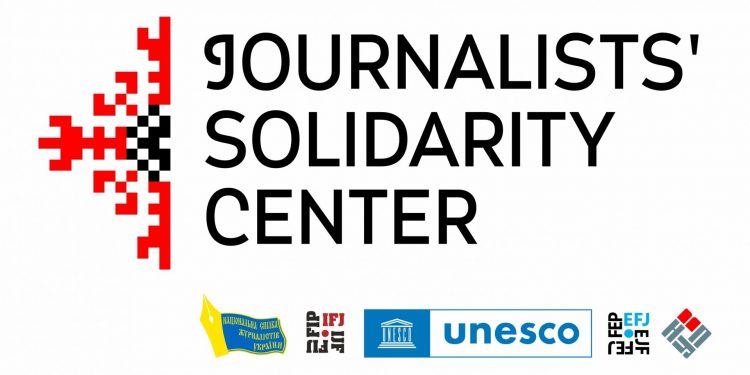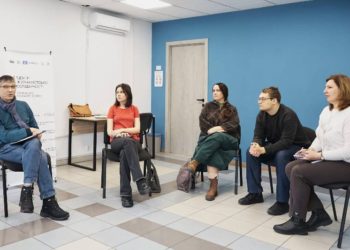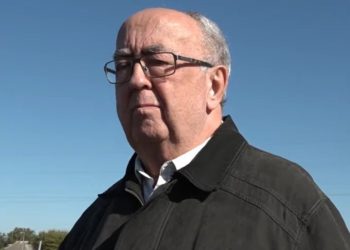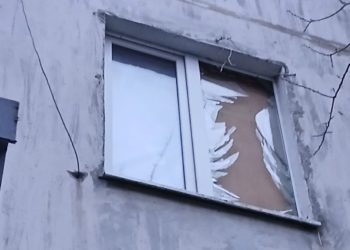What is the Network of Journalists’ Solidarity Centers?
This is a network created by the National Union of Journalists of Ukraine (NUJU) with the support of the International and European Federations of Journalists (IFJ and EFJ) and UNESCO to help media representatives working in Ukraine during the war.
The Centers operate in six cities: Kyiv, Lviv, Ivano-Frankivsk, Chernivtsi, Zaporizhzhia, and Dnipro.
Who can contact the Centers?
Any Ukrainian journalist, regardless of place of residence, or any foreign journalist working in Ukraine. It is possible to address the Centers by filling out an online form, by phone, or by visiting them in person.
As we strive to help as many colleagues as possible and meet the most pressing needs, our network’s specialists conduct preliminary verification of requests.
What kind of assistance do the Centers provide to journalists?
The range of services and help you can get at the Centers:
- Personal protective equipment for working in dangerous places. We provide Ukrainian and foreign journalists with branded bulletproof vests, helmets, and tactical first-aid kits. If you need to receive body protective equipment for free temporary use – fill out this FORM.
- Technical assistance. We receive video cameras, cameras, laptops, and other professional equipment from donors and provide them to colleagues who need them. To apply for such assistance, please provide rationale and detailed information about yourself and your work by filling out this FORM.
- Material assistance. We pay out one-time emergency financial assistance under justified requests: departure from the war zone or occupied territories, damage to housing or property, purchase of equipment instead of that destroyed by the occupiers. To apply for financial assistance, use this FORM.
- Legal assistance. A legal support hotline operates within the network of the Centers. Address the lawyers by filling out this FORM;
- Psychological assistance. Every media worker can receive psychological support. For this purpose, the NUJU organizes psychological training sessions, workshops, webinars and seminars that will help journalists cope with stress and burnout and receive advice to be more effective.
For further information, please go to:
– NUJU’s website www.nsju.org
– SpilkaNews Telegram channel https://t.me/spilkanews
– NUJU’s Facebook page https://www.facebook.com/nsju.org
In addition, we conduct webinars with psychologists and master classes for psychological relief. You can learn about them:
- from announcements on the nsju.org website;
- on SpilkaNews’ Telegram channel https://t.me/spilkanews;
- on NUJU‘s Facebook page https://www.facebook.com/nsju.org
New skills and knowledge. We organize and conduct training sessions and other educational activities designed to help journalists carry out their work in war conditions. They are dedicated to such topics as security in the conditions of hostilities and occupation, radiation safety, fact-checking, work of fixers, etc. In addition, we hold educational events and exciting meetings for students, displaced journalists, and local media representatives.
Consulting and organizational assistance. We inform colleagues on various issues: how to get grants, how to settle in a new place, and how to leave the occupied territories, and we also help with temporary relocation abroad.
Workplace with the Internet. All six Centers also serve as co-working space premises with Starlink terminals and generators. You can also come here and work using your own equipment. Actually, it is even possible just to come and have some coffee.
How to find Journalists’ Solidarity Centers?
The Centers are always open on weekdays. But it is better to call the coordinators in advance to agree on a convenient time for you. The Centers are located at the following addresses:
- Kyiv – 27A Khreshchatyk Street, Tel.: 050 680 5204 (Illia Suzdaliev);
- Zaporizhzhia – 152 Sobornyi Avenue, Tel.: 096 277 5352 (Nataliya Kuzmenko and Valentyna Manzhura);
- Dnipro – Tel.: 050 919 8479 (Nataliya Nazarova);
- Kharkiv – Tel.: 095 421 5477 (Hanna Chernenko).
- Lviv – 5 Solomiyi Krushelnytskoyi Street, 2nd floor; Tel.: 097 907 9702 (Nataliya Voitovych); a hub in Chernivtsi – 96 Nezalezhnosti Avenue, Tel.: 068 286 3706 (Volodymyr Bober);
- Ivano-Frankivsk – 25 Sichovykh Striltsiv Street; Tel.: 066 677 0726 (Viktoriya Plakhta).
About UNESCO. UNESCO is the United Nations Educational, Scientific, and Cultural Organization. It contributes to peace and security by promoting international cooperation in education, sciences, culture, communication, and information. UNESCO promotes knowledge sharing and the free flow of ideas to accelerate mutual understanding. It is the coordinator of the UN Action Plan on the Safety of Journalists and the Issue of Impunity, which aims to create a free and safe environment for journalists and media workers, thus strengthening peace, democracy, and sustainable development worldwide. UNESCO is working closely with its partner organizations in Ukraine to provide support to journalists on the ground.
The designations employed and the presentation of material throughout this digest do not imply the expression of any opinion whatsoever on the part of UNESCO concerning the legal status of any country, territory, city, or area or its authorities or concerning the delimitation of its frontiers or boundaries.
The authors are responsible for the choice and the presentation of the facts contained in this digest and for the opinions expressed therein, which are not necessarily those of UNESCO and do not commit to the organization.

 THE NATIONAL UNION OF
JOURNALISTS OF UKRAINE
THE NATIONAL UNION OF
JOURNALISTS OF UKRAINE
















Discussion about this post